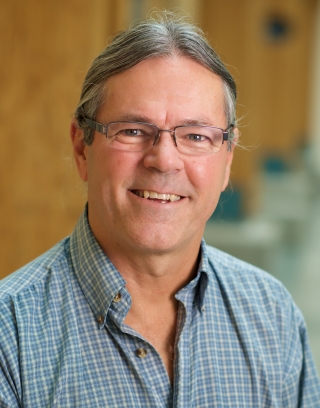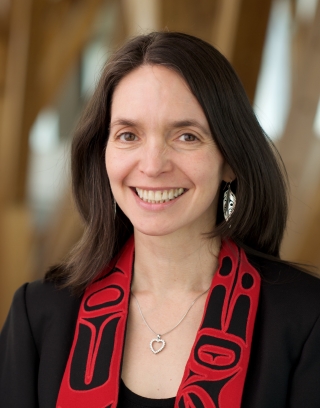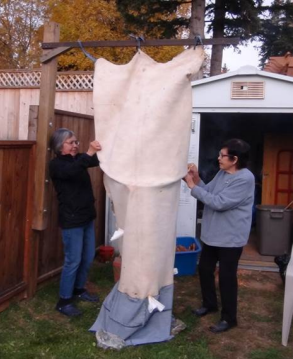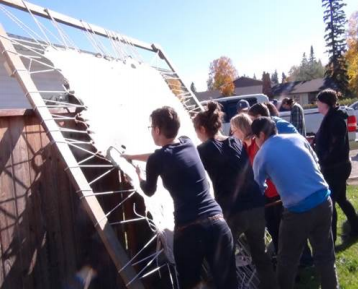Dr. Ross Hoffman
Department of First Nations Studies
Dr. Ross Hoffman is an Associate Professor and Chair of the Department of First Nations Studies. He completed his Ph.D. in Native Studies at Trent University in 2005. His teaching, research and service, rests within both the western academic tradition as well as an Indigenous knowledge tradition.
As an academic, his focus has been to respect, balance, bridge, and integrate these two epistemological traditions. This ‘dual scholarship’ is possible because he has been blessed with the guidance of Elders within an academic environment and in community-based traditional settings.



